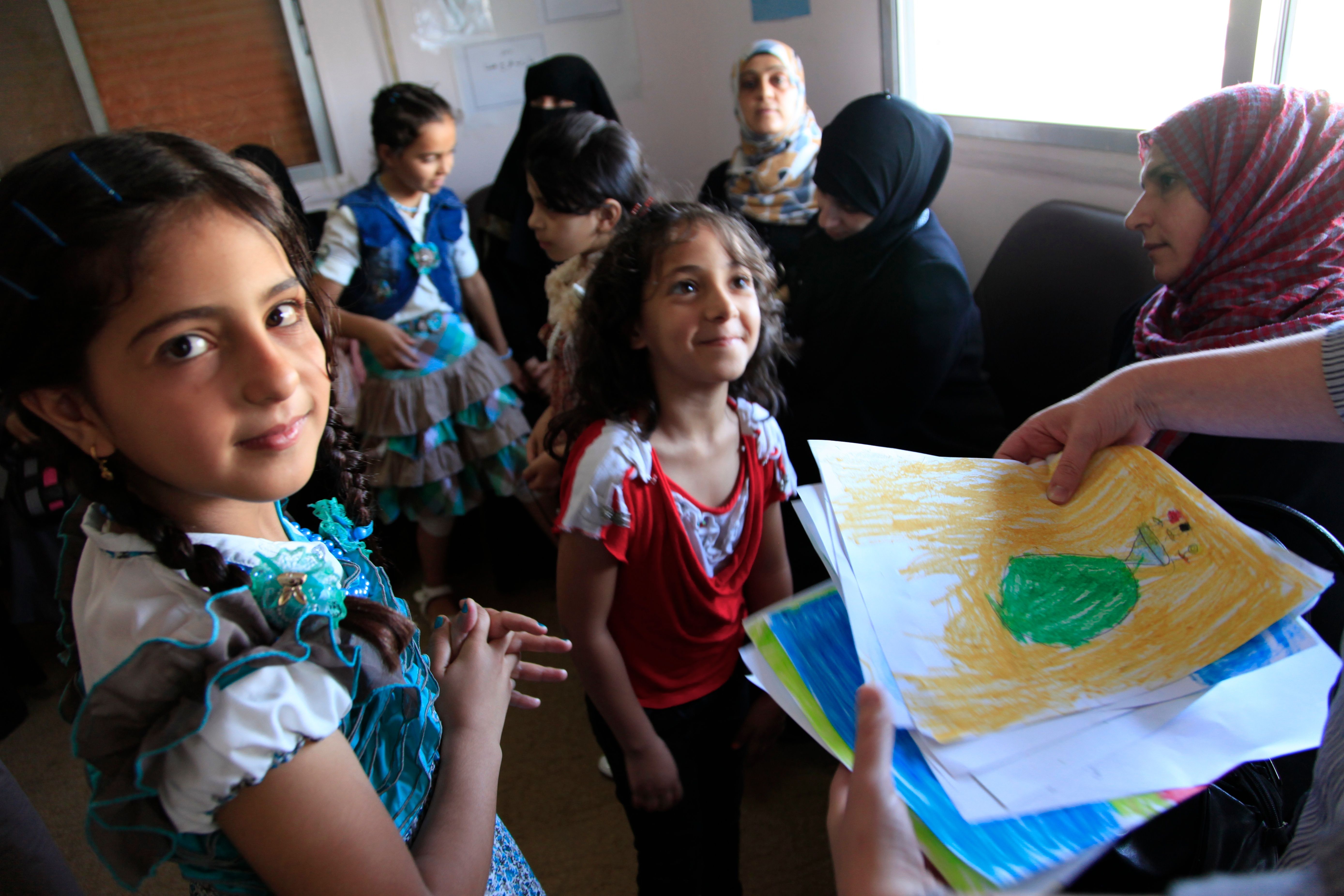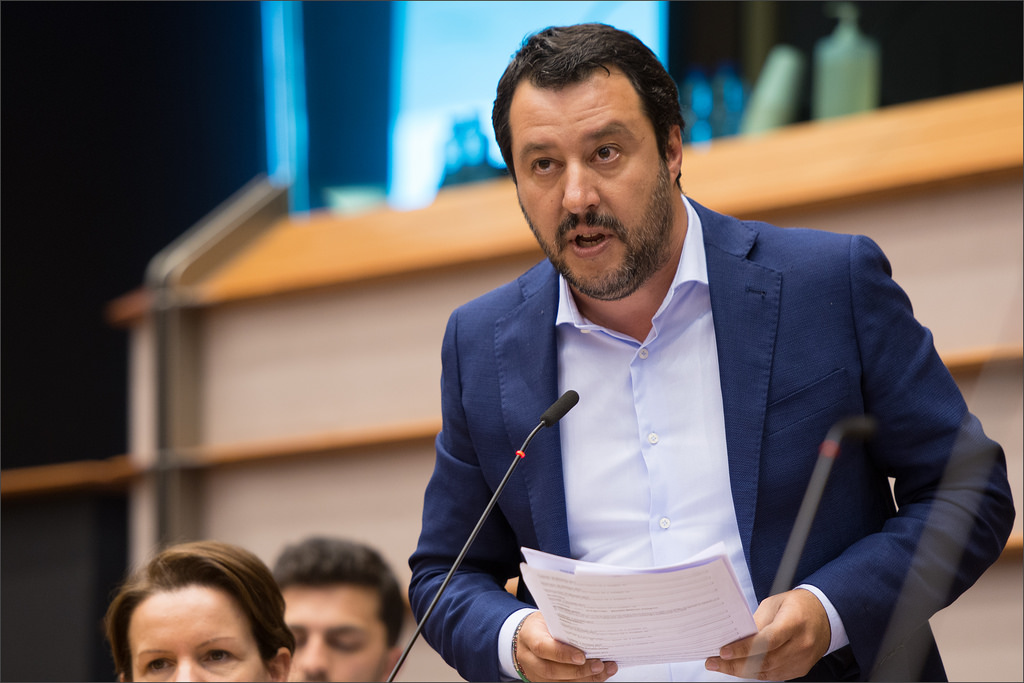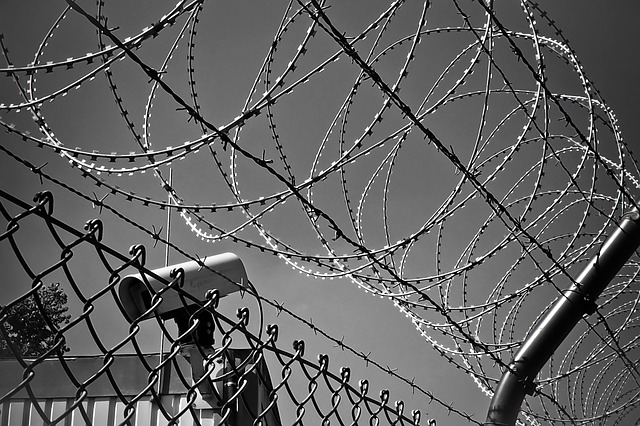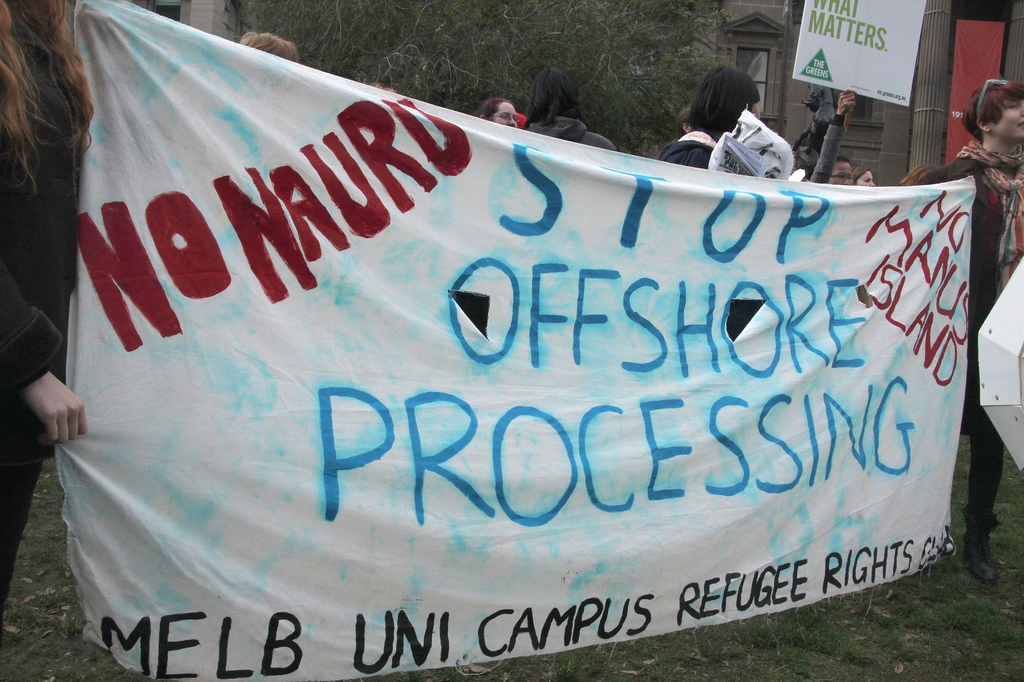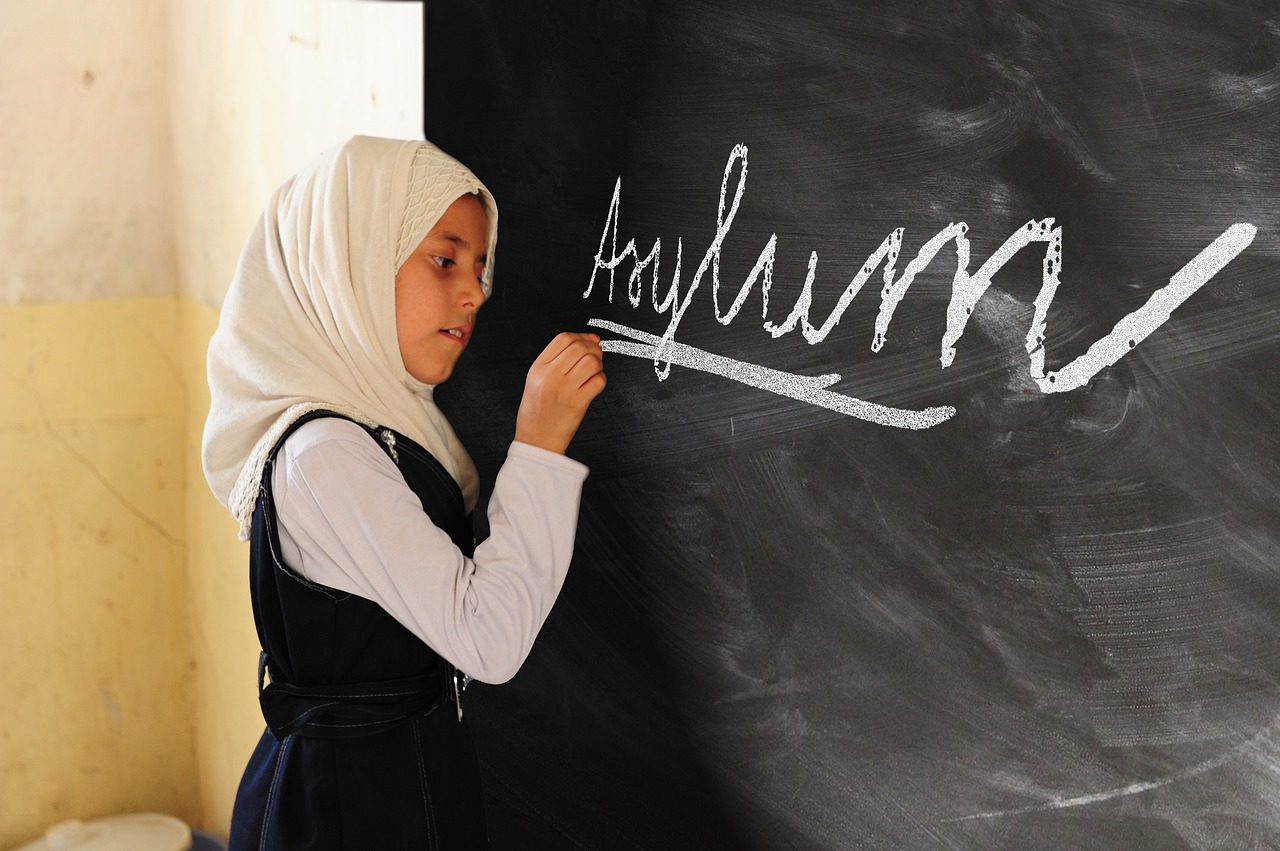POLITHEOR
European Policy Network
refugee crisis
- Home
- refugee crisis
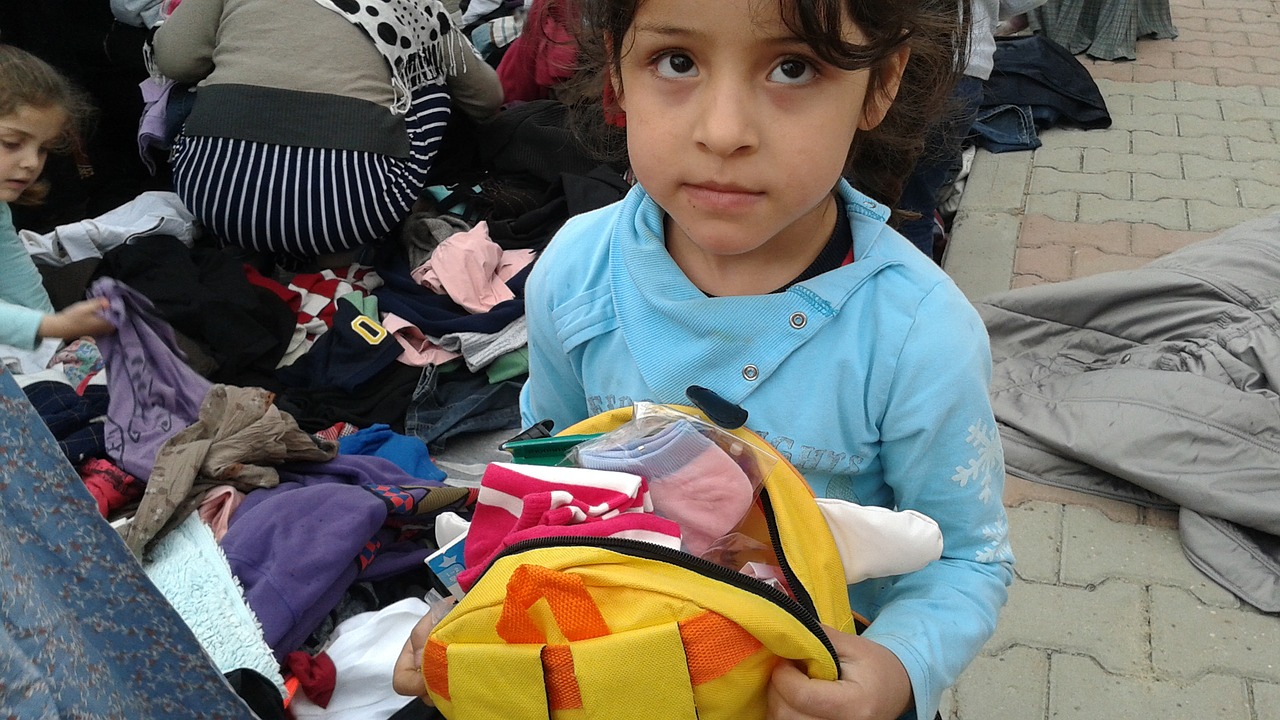
School-aged refugees: Are they a burden or a social responsibility?0
- Human Rights and Migration, Op-ed
- 13/03/2017
Human Rights Watch: A child we interviewed in 2015 said, “when I picture my future, I see nothing.
READ MORE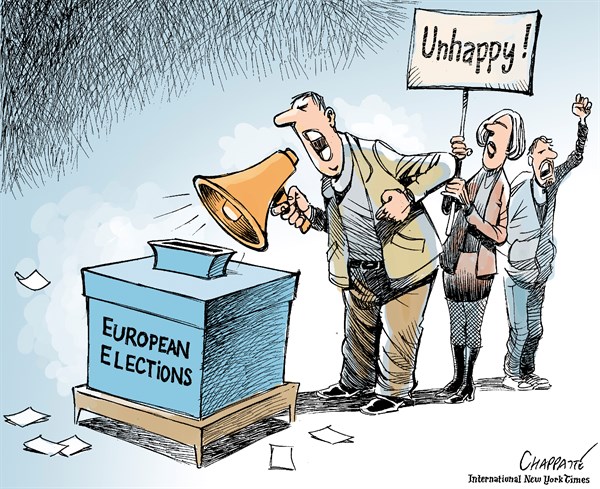
European Elections and Migration: what we’ve learnt – and what to expect0
- Human Rights and Migration, Op-ed
- 10/03/2017
Dealing with the legacy of 2016, 2017 started off as a very uncertain year. Adding to this, four of the founding countries of the European Union will have to go through general, presidential and federal elections. As the optimistic predictions on Brexit and the US went terribly wrong, it is now time to consider what could happen if populism won.
READ MORE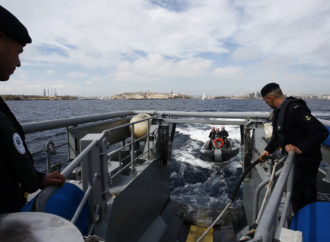
New European border management – the human cost0
- Human Rights and Migration, Op-ed
- 19/12/2016
According to the speeches on the inauguration day of the newly re-shaped Frontex agency, it seems that the European Union has found the best antidote to the migration challenge so far: the novelty has been labelled a “milestone” in the history of border politics and solidarity between Member States. But Frontex’ new aims focus foremost on control and monitoring, whilst little is said about the asylum system and the refugees’ rights.
READ MORE

Afghanistan – a safe third country?0
- Human Rights and Migration, Op-ed
- 13/12/2016
Recently the EU and the government of Afghanistan signed a readmission agreement, a deal made ‘migration sensitive’ as it transpires from an EU Restricted Country Fiche proposing possible leverages, dated March 2016. The EU pledges to provide financial aid for development and peace-building in exchange for Afghanistan’s approval to admit back failed asylum seeking nationals. Does this deal align with the principle of ‘non-refoulement’? Is Afghanistan a safe third country?
READ MORE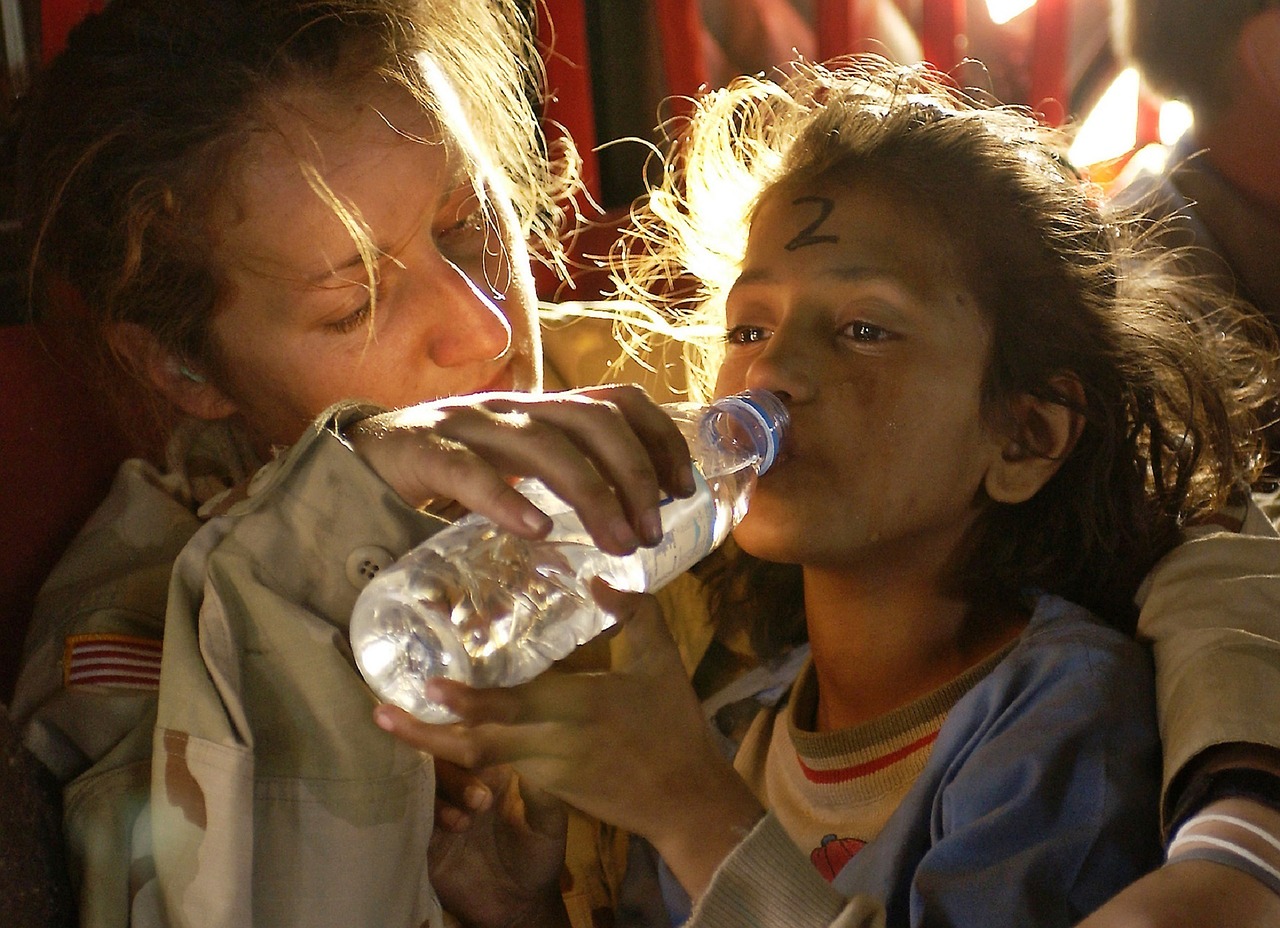
Why are we neglecting refugee women and children?0
- Human Rights and Migration, Op-ed
- 18/10/2016
Calais and Nauru. Two places in the world that could not be further from each other, both in distance and culture. However, there is one dark similarity that mirrors these two distinctly different regions; the astonishing human dumping ground that their governments have created within them. Dumping grounds we commonly refer to as refugee camps.
READ MORE
